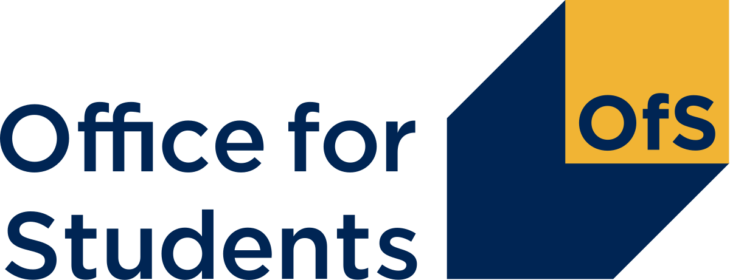
Free Speech Complaints Scheme Consultation
Members of the AFAF network have different views on the free speech legislation and the OfS consultation on the free speech complaints scheme. After some discussion, we decided to respond but restricted our response to what we felt was important to us as a campaigning organisation. We used our experience of case work to inform our comments. We also drew on other responses, in particular those by Alumni For Free Speech (AFFS) and the London Universities’ Council For Academic Freedom (LUCAF), which were very useful, as were the comments of network members and friends.
Question A – what a free speech complaint is.
Regarding ‘relevant free speech duties’ (paragraph 39)
a) Freedom of speech is often undermined by Higher Education Providers (HEPs) because of supposed clashes with values expressed in policies and practices. These include diversity and equality and dignity at work policies, equality committees (condemning gender-critical views), research ethics committees (rejecting research projects for ideological reasons) programme committees (demanding the adoption of certain texts or enforcing ‘decolonisation’) learning and teaching committees (demanding certain approaches) and the HEPs themselves promoting the work of outside bodies such as Stonewall. They also challenge free speech under that catch all that such speech ‘brings the institution into disrepute’. These policies and practices may in some cases breach ‘relevant free speech duties’.
The OfS should make it clear that freedom of speech, as a legal obligation expressed in overriding terms, has priority over other values HEPs may endorse.
b) Regarding ‘adverse consequences’ (paragraph 41)
These consequences must not be narrowly defined.
More examples need to be given about what can constitute an adverse consequence. These may not be so formal as removal from a course or disciplinary action. Investigations and hearings can go on for many weeks, causing stress, anxiety and mental health issues. Such processes can cause reputational damage to individuals and undermine working relationships.
The OfS should consider a complaint prior to the conclusion of internal processes.
Question B Who can complain
a) There are gaps in the list of who can complain. The OfS should make it clear that ‘visiting speakers’ covers those often invited to speak to groups of students on a course – such as teachers who regularly come to talk about the work of their school to a teacher training group.
b) Emeritus and Emerita academics, visiting professors and visiting fellows are not covered in the definition of ‘member of academic staff’ nor are those independent researchers, or visiting academics, who may use university facilities but do not have a formal contract. It should also cover the speakers mentioned in a) above.
Question C complaints we will not review.
(Paragraph 61)
Regarding not considering free speech issues prior to 1 August 2024, unless those ‘matters or events’ were ongoing. This needs clarification. For example, if a formal warning issued over a matter that the claimant stated was a free speech matter was still extant, should this be considered?
(Paragraph 64)
The 30-day rule, starting from the date the complainant submits the internal complaint or grievance, should not be extended. This rule would encourage HEPs to be efficient in responding to complaints.
The OfS should not require internal complaints procedures to be completed before the complainant can use the OfS scheme.
(Paragraph 65)
Regarding the language in paragraph 65 and Rules 18 and 18c
The terms ‘frivolous’ ‘trivial’ ‘vexatious’ ‘aggressively’ and ‘offensively’ allow for subjective interpretations and should be more precisely defined. Case work shows that when speech is deemed ‘offensive’ it is often the basis for censorship.
Proposal D time limits
The time limit of 12 months for complaints to use the OfS scheme seems fair but exceptional circumstances should be considered such as illness or when new information comes to light.
Proposal E submitting a complaint.
(Paragraph 84)
Regarding anonymity – the paragraph states that anonymous complaints will not be considered, and the identity of the complainant may be kept as anonymous as possible, if requested by the complainant. What if the complainant wishes to go public and to comment on their case? Would the OfS restrict their freedom of speech and what would be the consequences for the process?
Question F Reviewing a complaint.
(Paragraph 93)
The suggestion that ‘expert academic judgement’ may be sought ignores ideological bias in many disciplines and the opposition often expressed to unorthodox views. More than one expert might be need. In most disciplines there are a variety of valid but different academic perspectives.
Image credit. OfS logo – ‘fair use’


